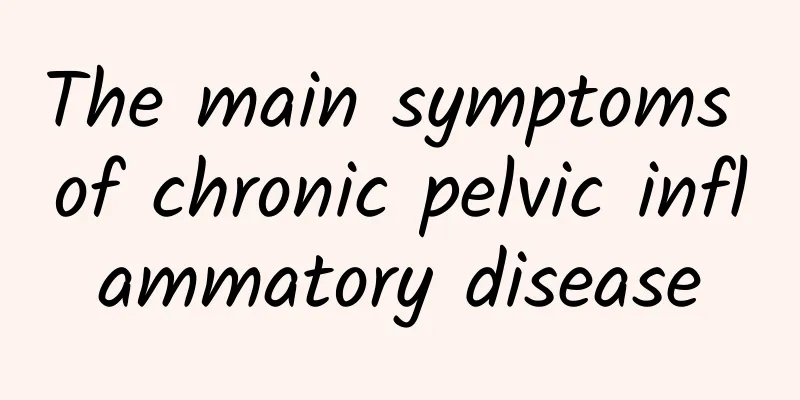How should I take care of myself after abortion? Here are some things to note

|
Post-abortion care is mainly divided into daily care and dietary care. Daily care includes observing bleeding, taking adequate rest, adhering to contraceptive measures and taking good care of the vulva. After the operation, you need to stay in bed for 2 to 3 days, and pay special attention to the hygiene of the private parts and keep warm. In terms of diet, do not eat spicy and other irritating foods, and you should supplement more protein and vitamins. Do not eat blood-enriching foods during vaginal bleeding, such as ginseng, red dates, donkey-hide gelatin, etc. Abortion and pregnancy are equally important. After surgery, both require adequate rest and care to ensure that the uterus recovers well and does not have a negative impact on future fertility issues. Post-abortion care mainly focuses on private care and daily care, which is also to avoid postoperative infection. So how should we care after an abortion? |
<<: What is abortion? There are 4 types
>>: Do you need anesthesia for abortion? There are two types
Recommend
How should women prevent endometrial thickening?
In recent years, many female friends have experie...
Black beans help you lose weight! Dietary fiber = 2 times that of apple
There are many benefits to eating black beans. Re...
What are the harmful manifestations of intrauterine adhesions?
What are the harmful manifestations of intrauteri...
What are the symptoms of chocolate cysts?
Chocolate cysts are indeed very harmful. In life,...
Learn more about the symptoms of menopause
Medical research shows that menopause is caused b...
A brief analysis of six effective methods to relieve dysmenorrhea
Dysmenorrhea is a gynecological disease with pain...
What are the dangers of pelvic inflammatory disease?
Pelvic inflammatory disease is a gynecological di...
Introduction to effective clinical dietary care for vaginitis
Good dietary care for vaginitis is very important...
What does uterine fibroids sonogram mean? B-ultrasound shows uterine fibroids sonogram
What does uterine fibroid sonography mean? In sho...
What are the complications of long-term chronic pelvic inflammatory disease?
Pelvic inflammatory disease is a common disease a...
What is the rupture of the corpus luteum of an ovarian cyst and what are the symptoms
What is the cause of corpus luteum rupture in ova...
Beware of the dangers of ovarian cysts
Ovarian cysts are common gynecological diseases. ...
What are the symptoms of tuberculous cervicitis? Analysis of the causes and symptoms of tuberculous cervicitis
Cervicitis is a common gynecological inflammation...
Understand the symptoms of chronic cervicitis
Do you know that cervicitis can be chronic? Do yo...
Is threatened abortion serious for patients?
Pregnancy is the most important event in a woman&...









